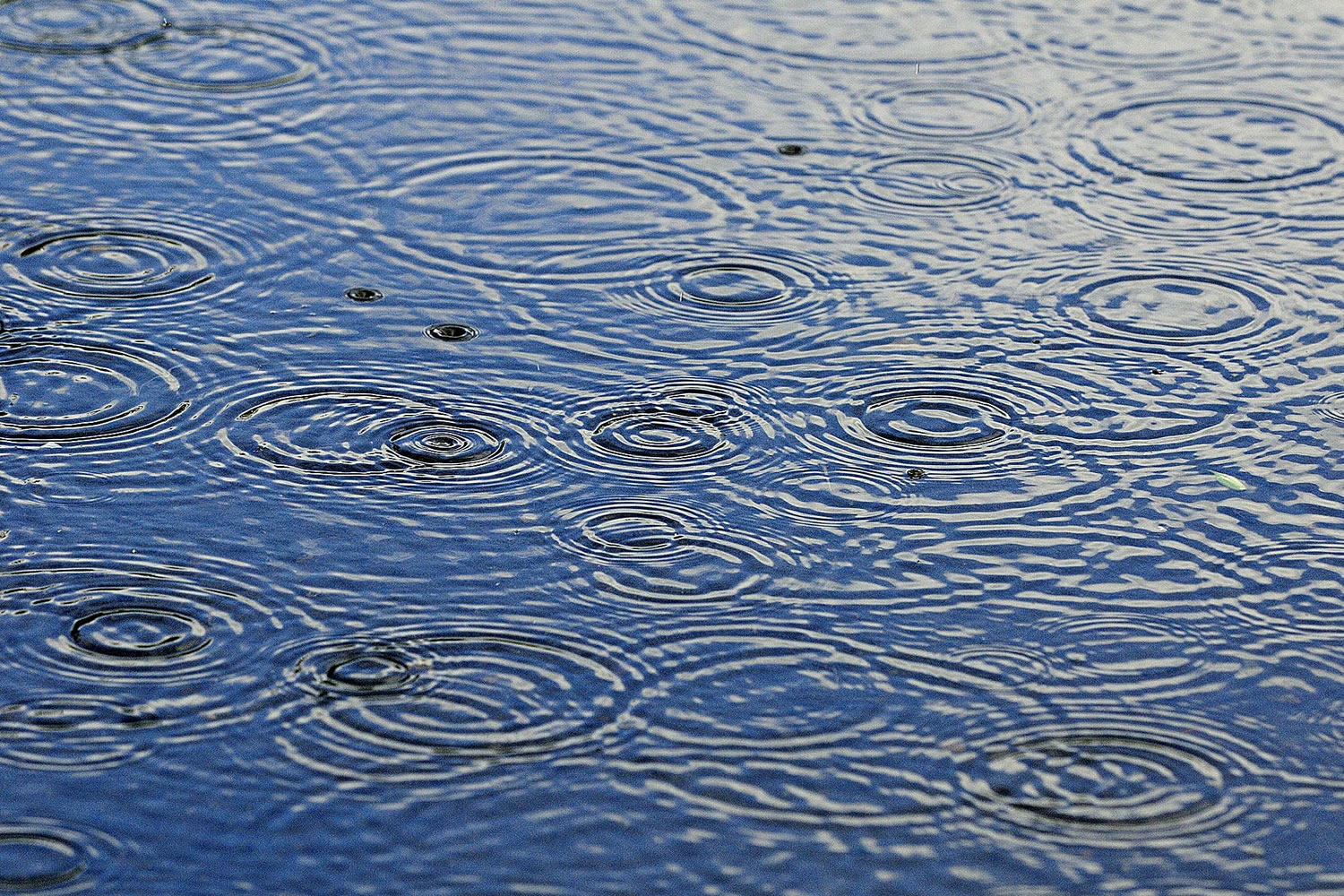Friday’s rainfall ensured that June will be the fifth straight month of above-normal precipitation in Vancouver.
Surprised? The recent rains have come amid continued talk of parched conditions across the western United States. The Northwest has partially made up for an extremely dry fall and winter but not nearly enough.
Even with a wet spring, Vancouver’s rainfall total for the water year beginning Oct. 1 remains a whopping 9.5 inches below normal, according to the National Weather Service in Portland.
A bone-dry stretch from October through January gave the region a big precipitation deficit early in the season. The trend was particularly evident in December, which saw just 1.52 inches of rain in Vancouver, according to the weather service. (The normal amount for that month is almost 7 inches.)
“The peak months, we were definitely well below,” said Liana Ramirez, a weather service meteorologist in Portland. “It’s definitely rare. We don’t see this very often.”
The U.S. Department of Agriculture’s drought monitor categorizes almost half of Washington as “abnormally dry” as of this week, including much of Clark County.
A third of the state is in at least a moderate drought, all east of the Cascade Mountains, according to the USDA.
The state, which uses different criteria to define conditions, has not formally declared a drought emergency in any county, said Dan Partridge, a spokesman with the Department of Ecology’s Water Resources program. Snowpack mostly caught up to normal by the end of the spring, and stream and reservoir levels are still good, he said.
“We still have no areas in the state that we would consider to be in a drought at this point in time,” Partridge said.
Depending on what the summer brings, that could change, he added.
For Clark County, there might be a few shots of additional rain possible in the coming days, Ramirez said. But it’s too late to make up the early-season deficit by the end of the summer, she said. July and August are typically the two driest months of the year in Vancouver and elsewhere.
Summer-like weather is expected to return in Clark County by early next week, with temperatures rising well into the 80s, according to the weather service.
Of course, residents of the Northwest’s wet side like to say summer doesn’t really begin until after the Fourth of July.




